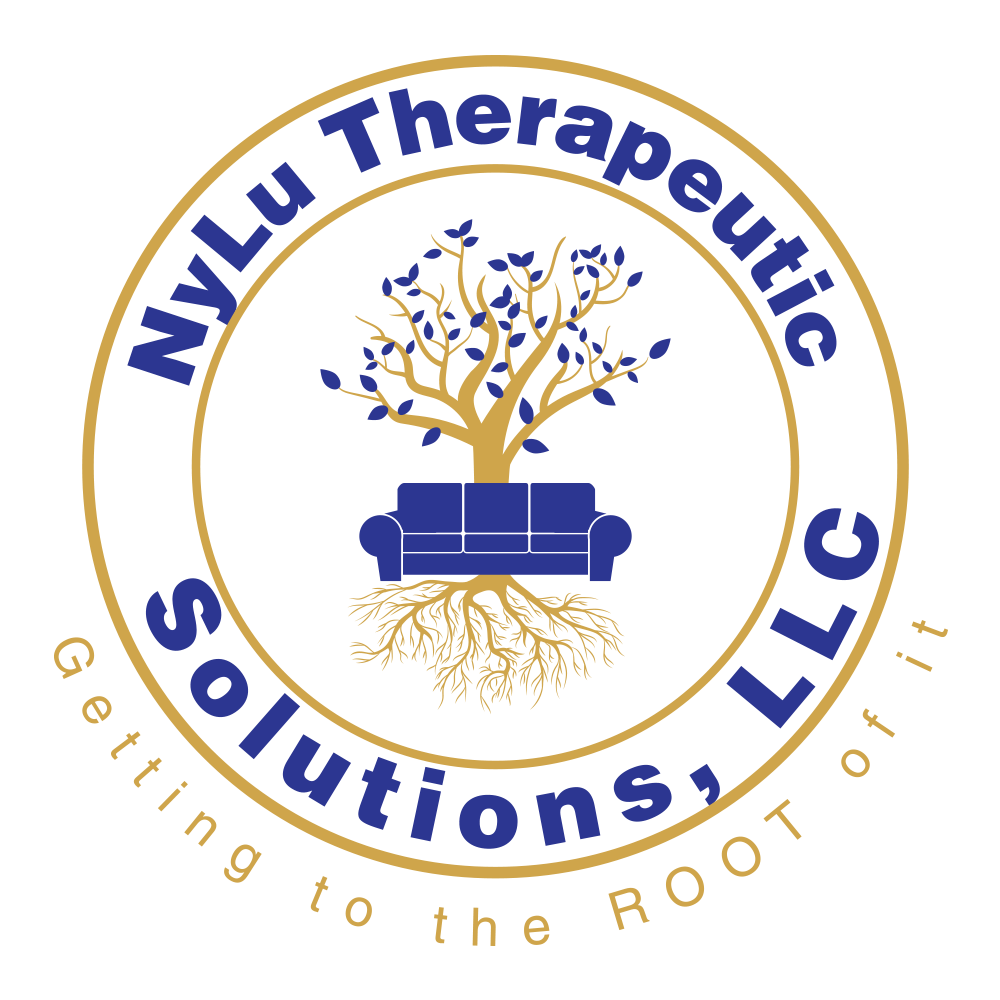Ketamine Assisted Psychotherapy (KAP)
“A broken Heart [trauma] heals when we allow the healing to go as deep as the wound went”
Beth Moore
What is Ketamine Assisted Psychotherapy?
Ketamine assisted psychotherapy is a treatment approach that uses a range of low dose ketamine (traditionally used as an anesthetic) in combination with integrative therapy to address mental health conditions such as treatment resistant depression, trauma, and anxiety. In a therapeutic setting, ketamine can be given through intravenous (IV), inter-muscular (IM), or sublingual (troche) method - followed by integrative therapy sessions.
Is Ketamine a Psychedelic Drug?
Therapeutically speaking - yes. Psychedelics are simply drugs that alter a person’s perception of reality; changing a person’s thoughts and feelings. Though not the primary use of ketamine, it does help to change the mind by blocking certain receptors in the brain, inviting a dissociative or non-ordinary mental state - a “trip” if you will. Sensations may include feelings of elation or euphoria and distorted feelings about one’s body, such as the feeling that you are floating.
How (we think) Ketamine works?
Though there is not one singular cause, some researchers believe that depression may be due to a connection problem between nerve cells in areas of the brain that regulate mood. Ketamine is believed to help jump start existing connections as well as grow new ones; this assists the brain to break out of negative thoughts and shift out of depression. This extends to stuck patterns related to anxiety and trauma. Research shows a reduction in symptoms after 4-6 sessions.
KAP at NYLU
“Trauma creates change you don’t choose. Healing is about creating the change you do choose.”
NyLu is offering individual and group KAP for those stuck in patterns of depression (including postpartum), anxiety, and trauma that traditional methods (i.e., psychotropic medication, talk therapy) of treatment haven’t fully helped.
Why consider a Group?
Looking at history, most healing happened in community, not in isolation. Even though privacy is highly important, there is something intangible, but very real, that happens when others are present.
Healing in a group helps you realize you’re NOT alone; there is a giving and receiving that occurs in terms of support.
Group invites you to be seen and heard differently - it can help you find your voice.
Lastly, group healing can help unveil connectedness - which counters symptoms of depression and stuck trauma loops that spin toxic narratives.
*1-1 KAP is available on a case-by-case basis
The Importance of Intentions
In working with psychedelic medicine, setting an intention can be helpful. An intention can be described as the hope or desired outcome. This can be done with an affirmation statement, a goal, or a word that represents what you would like to have happen.
If working in a group, NyLu will have themes of intentions, i.e., the 3 or 4 people in the group will be present for similar reasons. Some examples include:
Treatment resistant depression
Postpartum depression
Grief/loss
Attachment trauma
Toxic relationship patterns
Abandonment/rejection
Self-harm
The Process
1) Consult
Click here to schedule a 15-min consult to talk about this process and how ketamine could work for you.
2) Intake/Medical Clearance
You’ll meet with a Nurse Practitioner who will gather important medical information to determine if this method and medicine is safe for you.
3) Preparation
Once cleared, you will be scheduled to meet with a therapist who will gather a little more contextual information and walk you through what to expect.
For groups - you will also have an online group prep in which you will meet other group members; groups are capped at 4 people.
4) The Medicine Journey
These are the sessions in which you will take the medicine and enter an altered state of consciousness. Your therapist will offer guidance as you explore narratives and stuck patterns in a safe setting.
Individual and groups sessions consists of four (4) or six (6) journey sessions (~2 hours each) held 1x/week.
5) Integration
Here is where you will process individually or in a group format what came up during your journey sessions and how to fold that into your daily life. Integration is important in understanding your system; how it’s been holding on to these stuck patterns and how it wants to let go. Techniques from IFS, Somatic Experiencing, and EMDR may be used in facilitating this process.
Integration sessions are held 1-3 days after an individual journey sessions. Groups will have a total of two (2) or three (3) group integration sessions. You will also have the option of adding on individual integration sessions as needed.
The Costs
A non-refundable deposit of $250 is required to schedule the Intake with the Nurse Practitioner.
Group will be an additional $525 (four groups) or $785 (six groups) which covers the medicine, all journey sessions, and two (2) or three (3) group integrations.
Additional individual integration sessions are $165.
Please note that insurance does not currently cover the cost of off-label use of ketamine.




